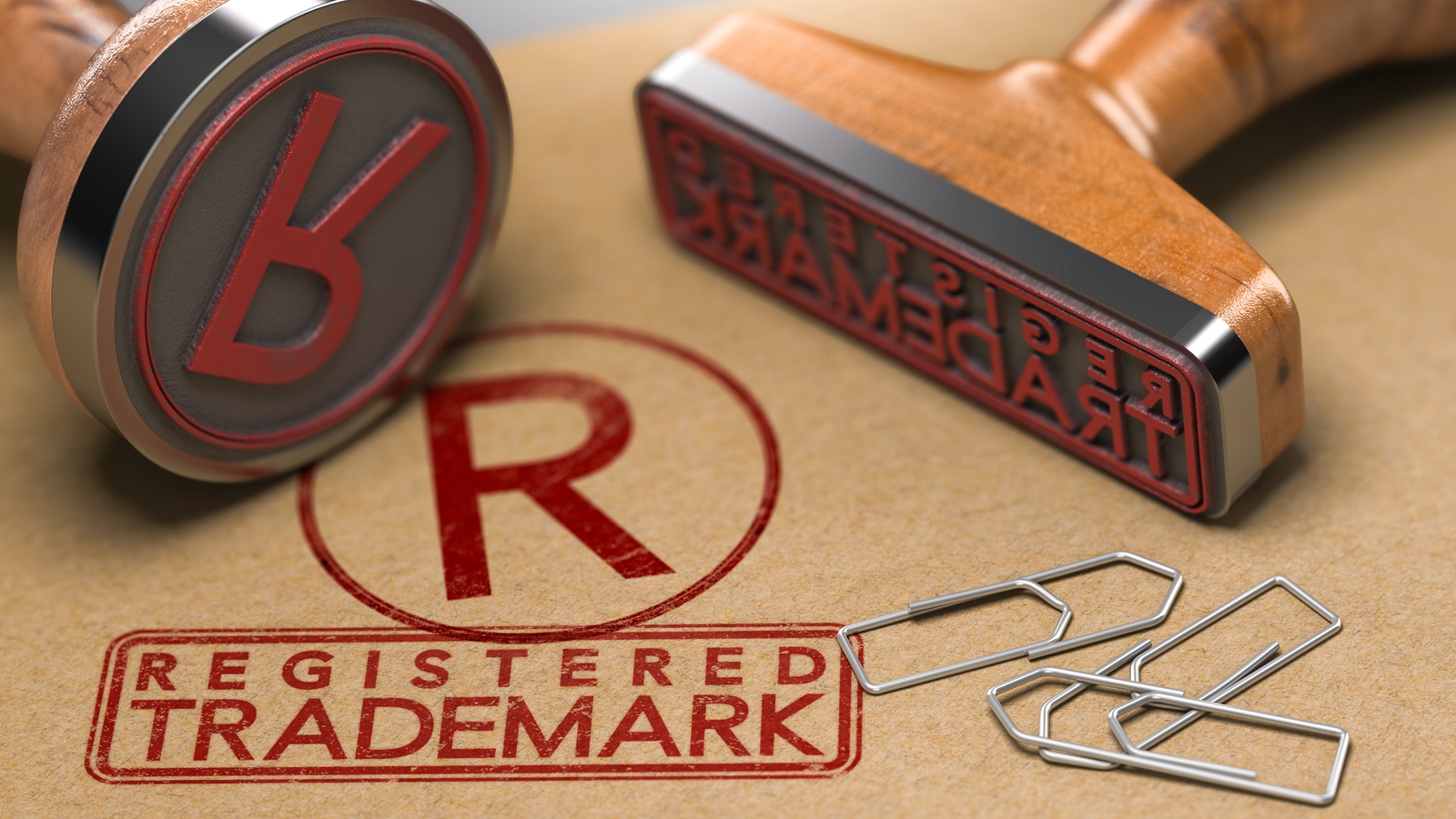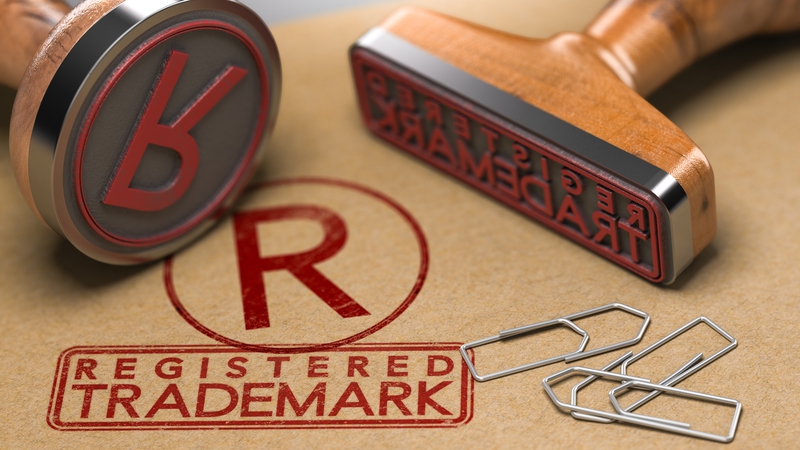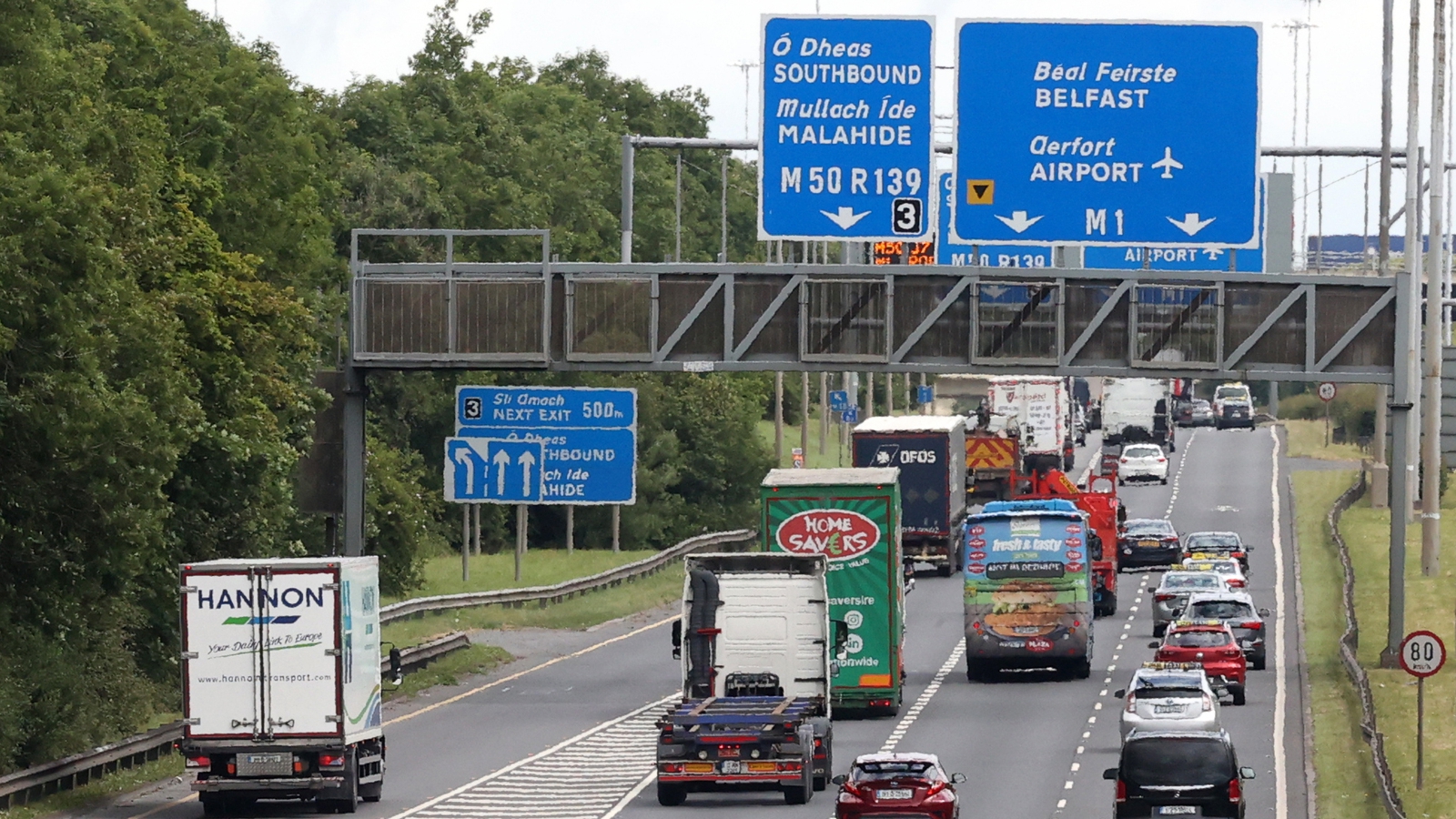Making a mark – the importance of registering trademarks


An Irish company that makes jeans was recently ordered to stop using the Diesel trademark.
After a 30-year legal battle, the High Court concluded that Montex Holdings in Monaghan had copied the trade mark of the Italian clothing brand, which has been selling jeans in Europe since 1978 and in Ireland since 1982.
Montex manufactured jeans with the ‘Diesel’ label since 1979.
Law firm Lewis Silken says the ruling should make Irish businesses more cautious and vigilant in drawing inspiration from or copying a foreign business in future, simply because they are currently not operating in the Irish market.
Liam Egan is an Irish trade mark agent and EU trade mark and design attorney at Lewis Silken.
“Just because a company does not have a trade mark registered in Ireland or just because they are not currently operating in your country; if they are a large, internationally known brand, there is a possibility that your trade mark application could be rejected or declared invalid on the basis that it is being applied for in bad faith,” he said.
So, what is a trade mark?
A trade mark is the means by which a business identifies its goods or services.
It is defined in the Trade Marks Act as “any sign which is capable of distinguishing the goods or services of one undertaking from those of other undertakings and is capable of being represented on the register”.
It may consist of words, names, designs, logos, letters, numerals or the shape of goods or of their packaging, according to the Intellectual Property Office of Ireland which registers trade marks.
Mr Egan described a trademark as a right that permits you to prevent third parties from using that right.
“Any sign that could be directly associated by the consumer with your company is something that could be trade marked.”
Why are trade marks important?
Trade marks are important because they differentiate and distinguish a business in the marketplace from a third party competitor.
They provide a unique identity that people recognise and associate with a business or brand.
Mr Egan said they also act as a sign of quality. “If you see a trade mark attached to a certain good, that good is of a certain standard. They help you create a reputation.”
Why is it important to register a trade mark?
Registering a trade mark creates an official record of the rights of an owner of a particular trade mark and makes it easier to prevent others from using it.
In Ireland we have two different types of trade marks; registered and unregistered trade marks.
Enforcing an unregistered trade mark, means providing evidence of its longstanding use.
“You need to prove to the court that through your long standing use of said trade mark in the marketplace, the market has become accustomed to and is aware of your trademark,” Mr Egan explained.
“One of the reasons why that is quite difficult is because there is a lot of evidence that would need to be put forward in order to prove that you do have unregistered rights.
“If you have a registered trade mark, all of that evidence that you need to put in to prove that you use the mark, that you have a reputation etc, isn’t required,” he said.
“If you have an EU registered trade mark then you can use that as the basis of an infringement action and you don’t need to supply any further additional evidence to substantiate your claim to that mark. You have a registration certificate, it’s yours.”
Trade marks in Ireland and the EU are registered for 10 years and they are renewed at 10 year intervals.
Trade marks are territorial in nature so you can’t get a global trade mark and you must trademark your brand in all the different territories that you are in, or interested in.
“If you are looking to enter multiple different trademarks, you are going to have to get multiple different trademarks,” the attorney said.
How can you register a trade mark?
There are two ways in which you can get a trade mark in Ireland.
The first is to seek a national trademark. A national trademark can be applied for at the Intellectual Property Office of Ireland in Kilkenny. The national trademark only covers Ireland.
A European Union trademark covers EU member states and can be applied for at the European Intellectual Property Office in Alicante.
The mere act of filing a trade mark application does not mean that it is, or will be registered. All trade mark applications are examined on their merits to ensure that they meet the requirements for registration.
“Providing your application passes the initial examination by the office, you’ll then be published for third party opposition,” Mr Egan said. “It goes on to a list of trademarks and third parties which might want to acquire rights or might have an issue with your trademark being issued will then have an opportunity to oppose that application.”
“If a third party opposes that application, there’s an opposition procedure to go through. If a third party doesn’t oppose it, then the trademark will go to registration and then the applicant will be given a registration certificate.”
What are the legal implications of infringement?
The implications of infringement could lead to an injunction which would prevent a business from using the brand, and it could also mean damages could be imposed for using the brand.
Due diligence
Mr Egan advises of the importance of doing the due diligence and the clearance searches before applying for a trade mark.
“You have to be very mindful that if you are adopting a brand name or logo that a third party doesn’t already own trade mark rights to that brand name or logo,” he explained.
“You can really save yourself a lot of hassle down the line if you do due diligence early in the brand adoption phase. The last thing you want happening to you is; you’ve set up a website, you’ve just started trading and within the first week you receive a cease and desist from somebody who has prior rights to you.”





